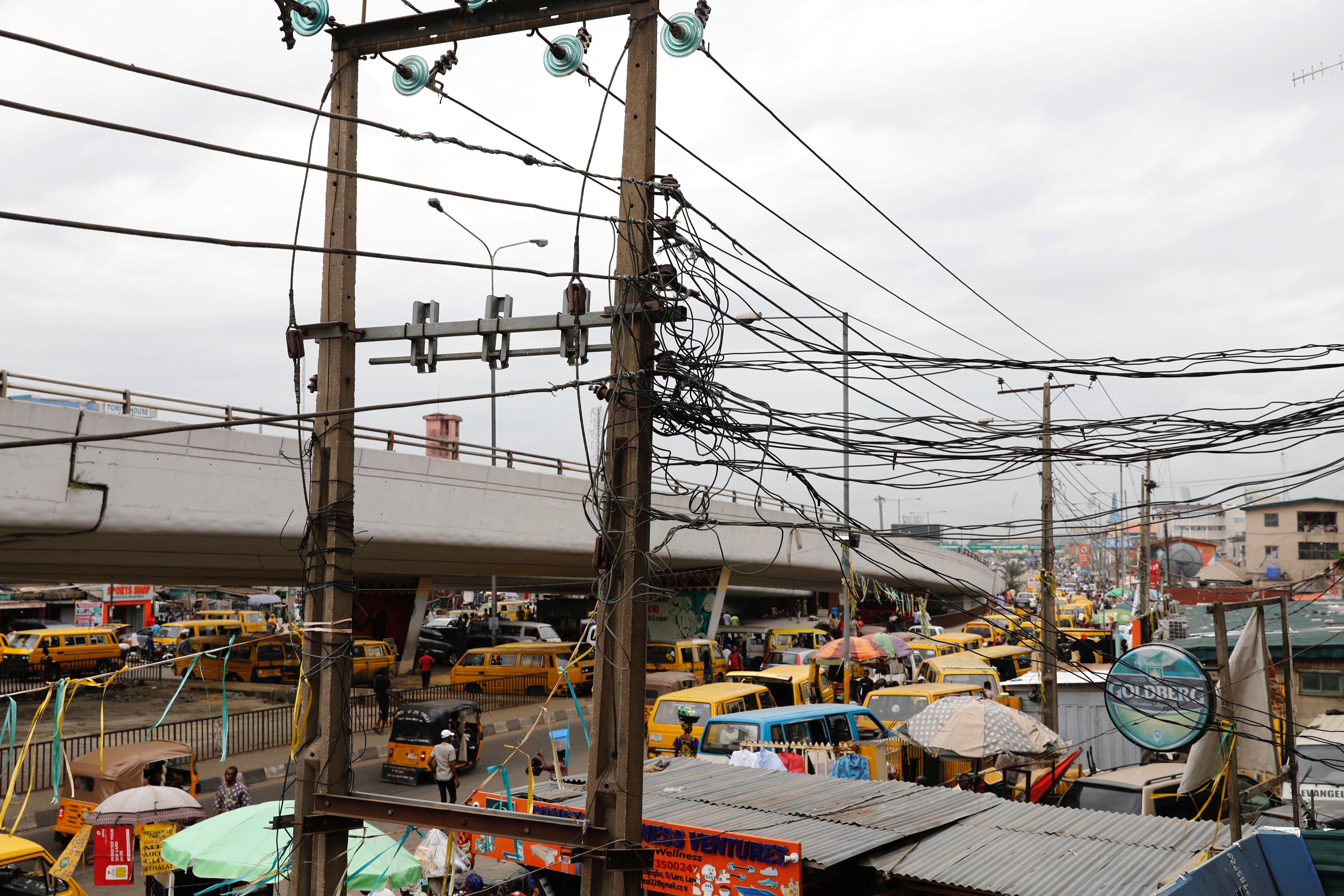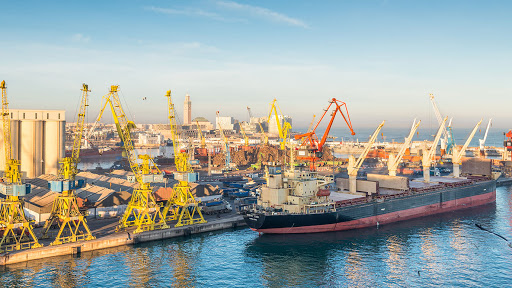Woefully inadequate infrastructure that may be the single biggest threat to Africa’s long-term growth, also represents a huge opportunity for investors to finance bridges, roads and power stations.
Banks are looking to do more infrastructure deals on the fast-growing continent, where inadequate power supply and transport facilities hamper corporate expansion plans.
The need for massive infrastructure upgrades, particularly power, is readily apparent in some of the continent’s biggest economies, such as Nigeria, Africa’s most populous nation.
“Africa has outgrown its infrastructure, there is a big gap to be filled,” said J. Kofi Bucknor, managing partner of private equity firm Kingdom Zephyr Africa Management.
“The countries with large populations face perhaps the biggest
The woefully inadequate infrastructure that may be the single biggest threat to Africa’s long-term growth also represents a huge opportunity for investors to finance bridges, roads, and power stations.
Banks are looking to do more infrastructure deals on the fast-growing continent, where inadequate power supply and transport facilities hamper corporate expansion plans.
The need for massive infrastructure upgrades, particularly power, is readily apparent in some of the continent’s biggest economies, such as Nigeria, Africa’s most populous nation.
“Africa has outgrown its infrastructure challenges and so it is logical to expect that they would have the biggest budgets to invest in infrastructure,” Bucknor told the Reuters Africa Investment Summit this week.

Nigeria, which struggles with blackouts and chronic power shortages, plans to privatize some of its power station and electricity distribution firms as part of a multi-billion dollar plan.
The country’s energy problems are so severe that President Goodluck Jonathan, who faces an election in April, has made ending power shortages one of the cornerstones of his campaign.
The Africa Development Bank estimates that an annual growth rate of 7 percent on the continent would require a yearly investment of at least $22 billion in infrastructure.
Areas such as sanitation, electricity and roads, have the greatest need for investment, the bank says.
“If infrastructure constraints, which are inherent in many of these markets, aren’t aggressively dealt with, then ultimately the growth will stall,” said John Green, head of global business development at Investec Asset Management.
“I think that’s one of the big threats to persistent growth apart from political risk.”

POWER DEALS
Rand Merchant Bank, the investment banking arm of South Africa’s FirstRand FSRJ.J, is looking for infrastructure projects that are a high priority for governments, the head of its Africa business outside of South Africa said.
“The goal is to be involved with projects that come to a conclusion,” Michael Larbie told the Summit.
“You don’t want to be involved with projects where there is no timeline to it — it could go on for years, and as a funder we want to be prudent.”

RMB could do ten or more such deals on the continent this year, Larbie said, adding he was particularly interested in power stations, road projects, mines and mine infrastructure.
Emerging markets bank Renaissance Capital RNCG.PK is actively looking for property development deals. While not infrastructure in the strictest sense, the bank has funded the development of mixed commercial and residential properties in Kenya and Zambia and has a similar project underway in Ghana.

The bank is looking to use a “significant” amount of its balance sheet in such deals, RenCap’s Africa CEO, Clifford Sacks, told the Summit.
Writing by David Dolan; editing by Jane Merriman


